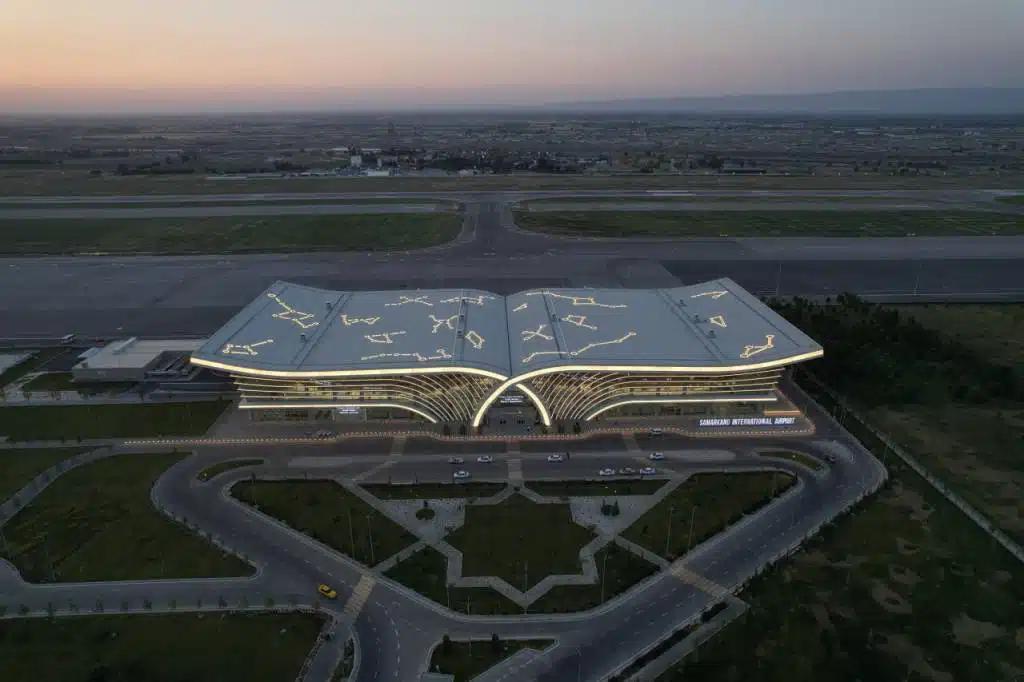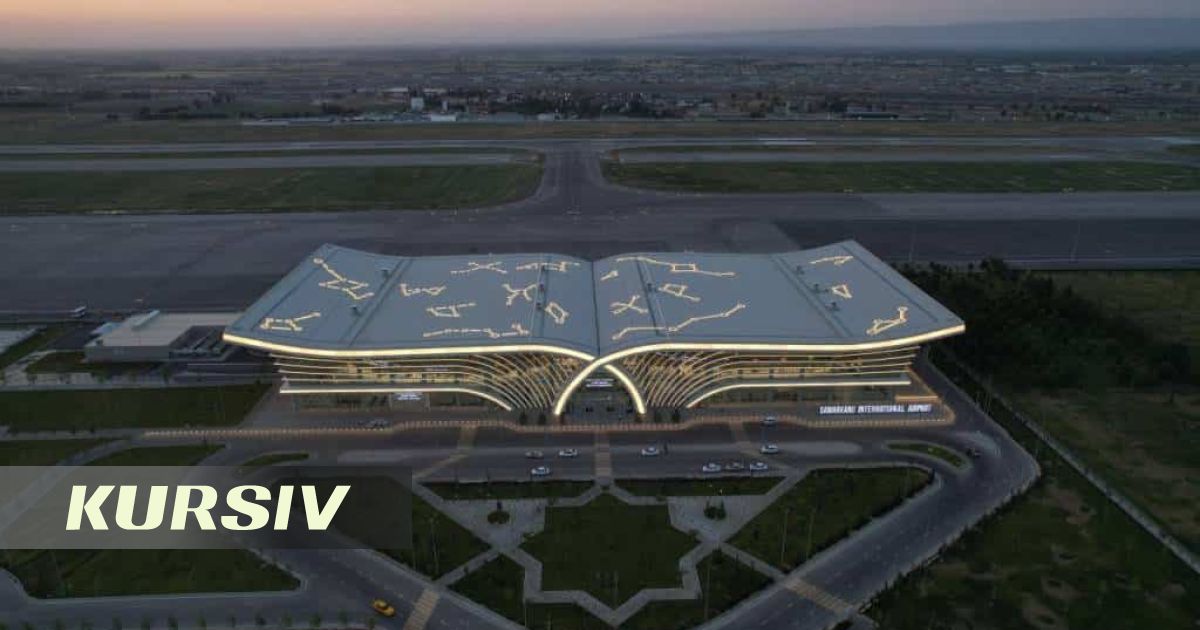Uzbekistans Ambitious Airport Expansions: Boosting Air Traffic and Modernizing Infrastructure by 2026




Uzbekistan's Aviation Revolution: New International Airports Transform the Nation's Sky
Uzbekistan stands on the brink of a revolutionary transformation in its aviation sector, with ambitious plans to construct new international airports in Tashkent, Bukhara, and Urgench beginning in 2026. This monumental initiative, detailed in the national fiscal strategy published by the Ministry of Economy and Finance for 2026-2028, promises to fundamentally reshape the country's position in global air travel and elevate its domestic connectivity to unprecedented heights.
The government's comprehensive blueprint encompasses far more than mere construction projects. With bold aspirations to expand aviation infrastructure across these key strategic cities, Uzbekistan aims to enhance airport capacity while boosting domestic air traffic by an impressive minimum of 50%. This transformative approach includes rolling out the red carpet for at least six international airlines, creating a vibrant competitive landscape that promises travelers an enhanced bouquet of choices and superior service quality.
The strategic positioning of these three airports represents a carefully orchestrated effort to transform Uzbekistan into a central aviation hub connecting East and West. Each facility is designed not merely as a transportation node, but as a catalyst for regional economic development, tourism growth, and international business expansion. The government envisions these airports as gateways that will fundamentally alter how both domestic and international travelers experience Uzbekistan.
The Bukhara airport project stands as a shining exemplar of innovative financing and collaborative development, featuring a comprehensive public-private partnership approach with an estimated investment of $226 million. Transport Minister Ilkhom Makhkamov presented this visionary initiative to the President in May 2024, with the ambitious target of reaching full operational capacity by the end of 2026. This project embodies the essence of modern infrastructure development, combining public oversight with private sector expertise and capital injection.
The Bukhara facility represents more than just an airport; it symbolizes a new era of regional connectivity and economic opportunity. The public-private partnership model ensures that the project benefits from both governmental strategic vision and private sector efficiency, creating a sustainable framework for long-term success and continuous innovation in airport operations and passenger services.
In a compelling demonstration of international cooperation, Urgench International Airport management was successfully transferred to South Korea's Incheon International Airport Corporation following a competitive tender process completed in April 2024. This groundbreaking partnership, valued at $222 million, includes a substantial private investment commitment of $115 million dedicated to comprehensive modernization efforts, with operational management extending through 2047.
This Korean partnership brings world-class airport management expertise to Uzbekistan, introducing cutting-edge operational methodologies and advanced technological solutions that have made Incheon one of the world's premier international airports. The collaboration promises to inject global best practices into Uzbekistan's aviation sector while maintaining local economic benefits and employment opportunities.
The centerpiece of Uzbekistan's aviation transformation is undoubtedly the forthcoming international airport in Tashkent, which received presidential approval on August 1st. This state-of-the-art facility represents a quantum leap into the future of aviation infrastructure, designed to handle up to 20 million passengers annually in its initial operational phase. The airport will feature the remarkable capacity to accommodate 169 aircraft simultaneously while facilitating more than 40 take-offs and landings per hour.
Under the visionary leadership of Uzbekistan Airports chairman Javlonbek Umarkhodjaev, this airport is conceived as a fully digital masterpiece, incorporating the latest technological innovations and forward-thinking solutions. The facility will showcase advanced automation systems, smart passenger processing technologies, and sustainable environmental features that position it among the world's most modern aviation facilities.
These ambitious airport development projects represent far more than infrastructure improvements; they constitute a fundamental economic transformation strategy for Uzbekistan. The enhanced aviation connectivity will stimulate tourism development, facilitate international business expansion, and create thousands of direct and indirect employment opportunities across multiple sectors. The projects exemplify how strategic public-private partnerships can accelerate regional economic growth through infrastructure enhancement, increased competition, and comprehensive technology integration.
As Uzbekistan prepares for this aviation revolution, the nation positions itself as a forward-thinking hub connecting diverse global markets while maintaining its unique cultural identity and strategic geographical advantages in Central Asia.

Comments